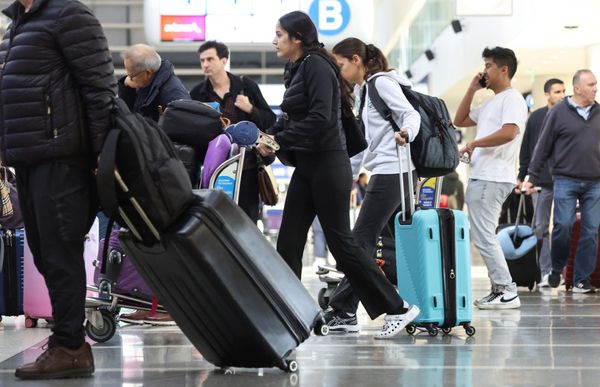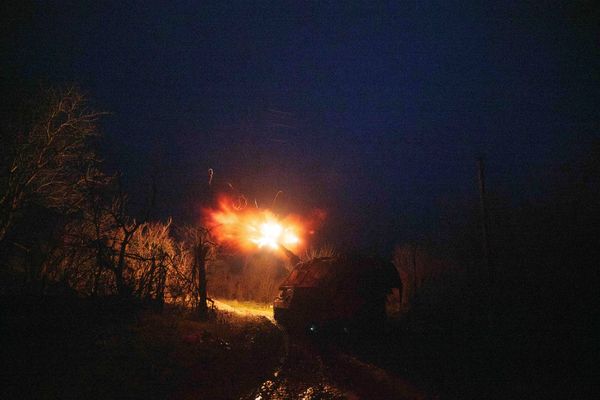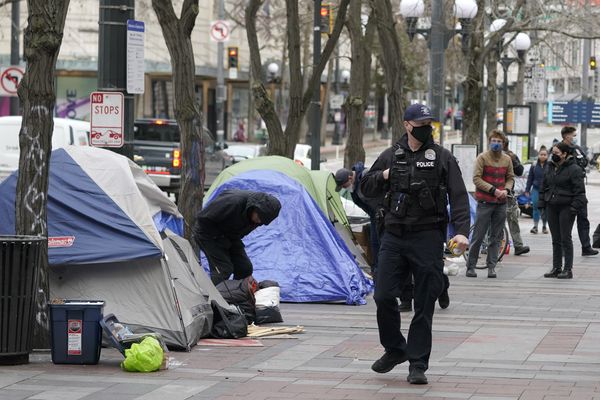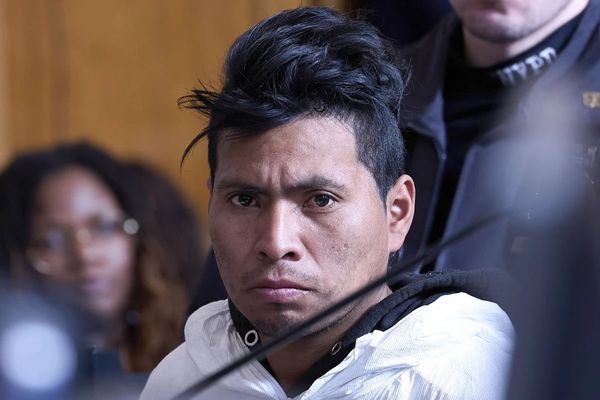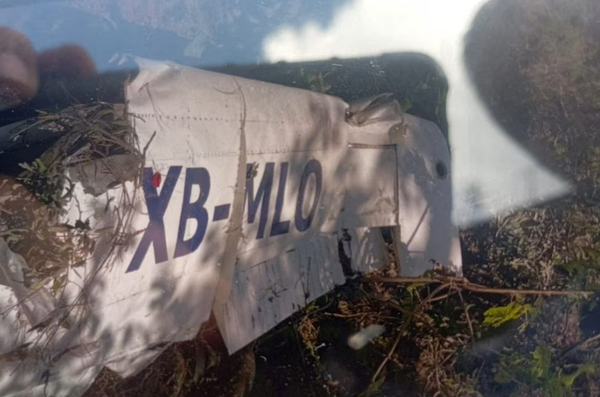India has offered booster shots to all above 18 years as it widened a campaign to vaccinate its 1.4 billion people against Covid-19. Experts praised the move and said it will also ease hurdles Indians face while travelling abroad.
The 10 April rollout was hailed by experts who said boosters will lead to milder infection among the elderly and ease the strain on hospitals, overwhelmed by a savage virus surge that killed 180,000 people last summer.
Welcome move
“It is very important to vaccinate them with the third dose so that we see less number of hospitalisations,” said Suneela Garg, advisor to the policy-making Indian Council of Medical Research.
Some 24 million health and frontline workers and people over 60 who earlier qualified for boosters had taken their third jab ahead of Friday’s much-awaited announcement.
#COVID19 | "This is a welcome step": Dr Naresh Trehan, CMD, Medanta, on the government allowing booster dose for all adults from Sunday pic.twitter.com/Lf1QeF2cDx
— NDTV (@ndtv) April 8, 2022
But the authorities stipulated boosters would no longer be free and will be available only at private facilities.
“Pricing will become an issue and is likely to have a bearing on access and the data will show in the coming few weeks or months,” prominent epidemiologist Rajib Dasgupta told RFI.
But the expert welcomed the announcement and said it would help some of those planning overseas trips.
“Travel is one need and the booster is required,” he added.
The government has not specified the cost but some media reports said the AstraZeneca vaccine which accounts for 90 percent of jabs given locally could be priced at seven Euros a shot.
Serum Institute of India (SII) on Friday said the booster dose of Covishield will cost Rs 600 plus taxes in the market, whereas the hospitals will receive it at a lesser price.https://t.co/BVqn13tg06
— Economic Times (@EconomicTimes) April 8, 2022
The announcement also came after the government dismantled health restrictions from 31 March in India, which has reported 43 million infections and 520,000 Covid deaths.
Visa bumps
MPs had also pushed for boosters, but some argued the stipulated gap of nine months was unfair conditions.
The long wait for boosters could deny travel to some European countries which stipulates the gap between shots must be shorter to qualify for visas, experts say.
“The announcement is welcome and we are sure these issues would also be untangled soon,” added tour operator Vikash Kaushisk.
India last month resumed international flights, halted in March 2020 because of Covid restrictions.
All set to explore India once again? Now that the international commercial flights to India have been restarted, come prepared with a list of trails to experience in historic city Jaipur, Rajasthan. pic.twitter.com/SO82onm6uP
— Incredible!ndia (@incredibleindia) April 2, 2022
Dipping cases
Infections dipped from a peak of 400,000 a day last May to some 1,100 daily cases now. India attributes it to the 1.85 billion vaccine doses given since rolling out the world’s biggest health drive in January 2021.
But only 1.6 percent of adults have so far received boosters, according to official data on 5 April.
“I actually think we have done a brilliant job with vaccination,” scientist Gagandeep Kang said as she called for stepped-up action.
On 16 March, India began inoculating children between 12 and 14, three months after it invited 40 million teens to vaccination centres.
Sixty-five percent of adult Indians were fully vaccinated by 2021-end.
Stock surplus
Indian states were holding stocks of over 1.7 billion doses and the local manufacturer of the Oxford- AstraZeneca vaccine has promised to rev up production.
Serum Institute, which has so far produced 1.9 billion doses, had pressed for boosters for all adults.
“We’ve appealed to the government as everyone who needs to travel needs to take the booster dose,” Institute CEO Adar Poonawalla was quoted as saying recently.
Researchers have predicted the return of the pandemic in June and warned the surge may last four months, longer than the three previous waves in India.
But scientists estimate 80 percent of India's 1.4 billion people have sufficient antibodies against the virus either through vaccination or by infection.

